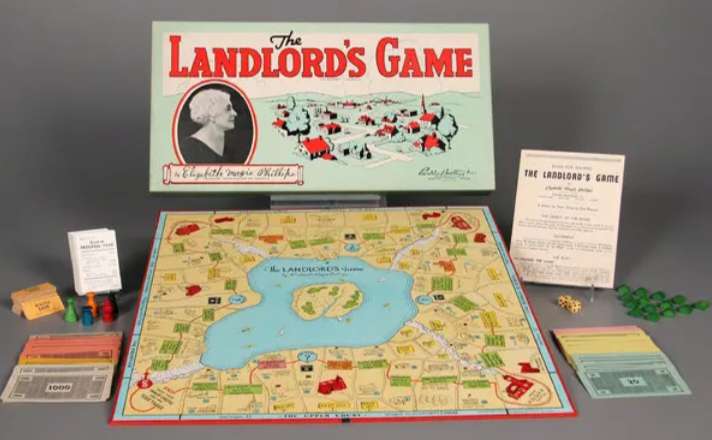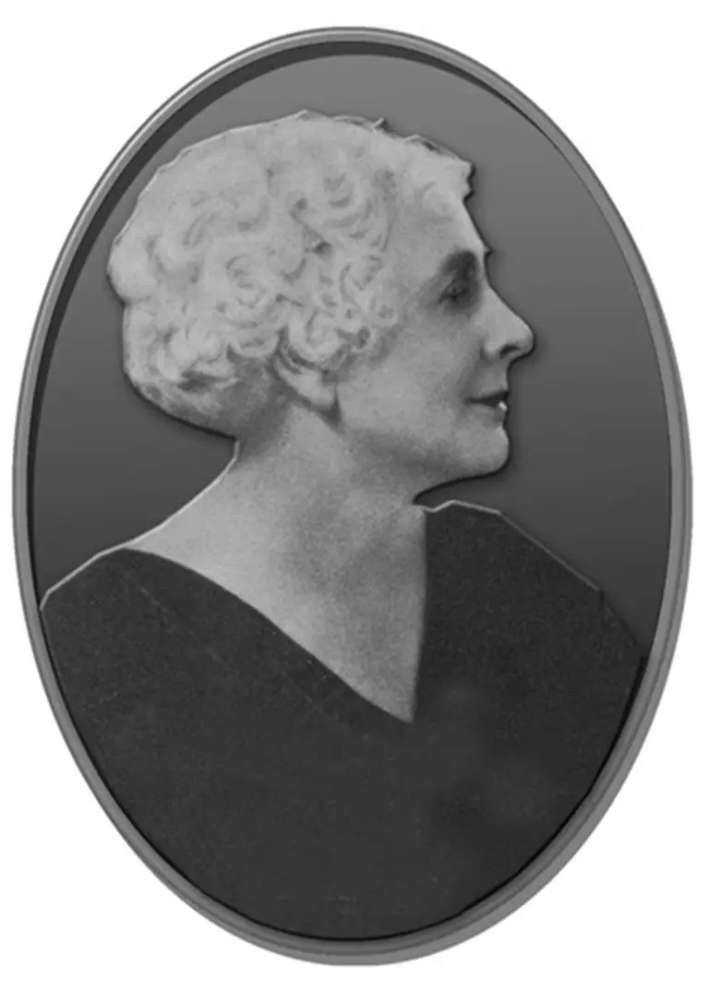Monopoly’s Inventor: The Progressive Who Didn’t Pass ‘Go’
By Mary Pilon
 The Landlord’s Game, which became Monopoly, was created by Elizabeth Magie Phillips.
The Landlord’s Game, which became Monopoly, was created by Elizabeth Magie Phillips.
1.For generations, the story of Monopoly’s Depression-era origins delighted fans almost as much as the board game itself.
The tale, repeated for decades and often tucked into the game’s box along with the Community Chest and Chance cards, was that an unemployed man named Charles Darrow dreamed up Monopoly in the 1930s. He sold it and became a millionaire, his inventiveness saving him — and Parker Brothers, the beloved New England board game maker — from the brink of destruction.
2.This month, fans of the game learned that Hasbro, which has owned the brand since 1991, would tuck real money into a handful of Monopoly sets as part of the game’s 80th “anniversary” celebration.
The trouble is, that origin story isn’t exactly true.
It turns out that Monopoly’s origins begin not with Darrow 80 years ago, but decades before with a bold, progressive woman named Elizabeth Magie, who until recently has largely been lost to history, and in some cases deliberately written out of it.
3.Magie lived a highly unusual life. Unlike most women of her era, she supported herself and didn’t marry until the advanced age of 44. In addition to working as a stenographer and a secretary, she wrote poetry and short stories and did comedic routines onstage. She also spent her leisure time creating a board game that was an expression of her strongly held political beliefs.
Magie filed a legal claim for her Landlord’s Game in 1903, more than three decades before Parker Brothers began manufacturing Monopoly. She actually designed the game as a protest against the big monopolists of her time — people like Andrew Carnegie and John D. Rockefeller.
 Elizabeth Magie Phillips, in a circa 1937 portrait.
Elizabeth Magie Phillips, in a circa 1937 portrait.
4.She created two sets of rules for her game: an anti-monopolist set in which all were rewarded when wealth was created, and a monopolist set in which the goal was to create monopolies and crush opponents. Her dualistic approach was a teaching tool meant to demonstrate that the first set of rules was morally superior.
And yet it was the monopolist version of the game that caught on, with Darrow claiming a version of it as his own and selling it to Parker Brothers. While Darrow made millions and struck an agreement that ensured he would receive royalties, Magie’s income for her creation was reported to be a mere $500.
